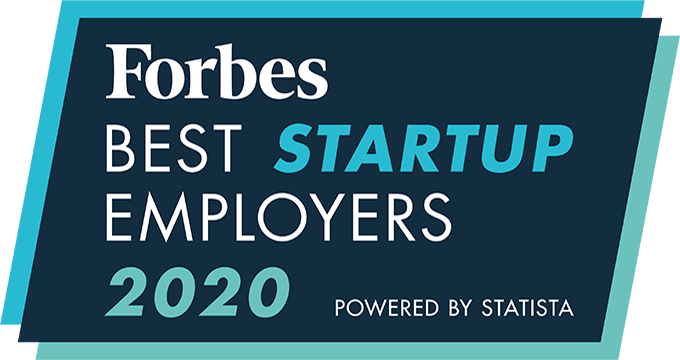The U.S. healthcare industry is experiencing a severe shortage of workers at every level—a crisis intensified by the COVID-19 pandemic.
The American Hospital Association estimates that the industry will encounter a shortage of up to 124,000 physicians by 2033. It will also need to hire at least 200,000 nurses a year to meet rising demands.
If U.S. workforce trends continue, more than 6.5 million healthcare professionals will permanently leave their positions by 2026, according to healthcare consulting firm Mercer. While only nearly 2 million will step in to replace them, there will be a national industry shortage of more than 4 million workers.
As the demand for skilled healthcare professionals continues to outpace the available supply, there’s increased competition and difficulty in filling critical positions. However, with strategic planning and innovative approaches, healthcare staffing firms can navigate these challenges effectively.
Combat the Healthcare Talent Shortage
Here are five strategies to combat talent shortages in the healthcare industry:
Embrace Technology and Automation:
In today’s digital age, using technology and automation can streamline recruiting processes and enhance efficiency. Healthcare staffing firms can invest in applicant tracking systems and artificial intelligence-powered tools to sift through resumes, identify qualified candidates, and even conduct initial screenings. These technologies not only save time but also allow recruiters to focus their efforts on building relationships with candidates and clients. Additionally, virtual interviewing platforms can facilitate remote hiring, enabling access to talent pools beyond geographical limitations.
Cultivate Partnerships and Networks:
Building strong partnerships and networks within the healthcare community is crucial for accessing top talent. Healthcare staffing firms can collaborate with educational institutions, professional associations, and industry organizations to establish pipelines for recruiting healthcare professionals. Participating in job fairs, sponsoring events, and offering continuing education opportunities can help firms stay connected with both active and passive job seekers. Furthermore, fostering relationships with healthcare facilities and understanding their specific staffing needs can lead to more successful placements.
Prioritize Employee Retention and Satisfaction:
Retaining existing talent is just as important as attracting new candidates. Healthcare staffing firms should prioritize employee satisfaction and provide support to their workforce. Offering competitive compensation packages, professional development opportunities, and positive work environments can enhance employee retention rates. Additionally, soliciting feedback from staff and implementing changes based on their suggestions demonstrates commitments to their well-being. Happy employees are more likely to stay with the firm long-term and contribute to its success.
Invest in Training and Upskilling Programs:
In a field as dynamic as healthcare, continuous learning is essential for staying competitive. Healthcare staffing firms can differentiate themselves by offering training and upskilling programs to both their internal staff and external candidates. These programs can cover a wide range of topics, including new technologies, regulatory updates, and specialized clinical skills. By investing in the professional development of their workforce, staffing firms can attract top talent seeking opportunities for growth and advancement.
Adapt Flexible Staffing Models:
Flexibility is key to navigating talent shortages in the healthcare industry. Healthcare staffing firms can offer various staffing solutions tailored to the needs of their clients, including temporary, contract, per diem, and travel assignments. By providing flexible work arrangements, such as part-time schedules or remote options, firms can attract candidates who value work-life balance. Additionally, offering incentives such as signing bonuses or relocation assistance can entice candidates to consider opportunities in areas experiencing severe talent shortages.
An Evolving Strategy
Combatting talent shortages in the healthcare industry requires proactive and multi-faceted approaches. By embracing technology, cultivating partnerships, prioritizing employee retention, investing in training programs, and adapting flexible staffing models, healthcare staffing firms can overcome these challenges and thrive in a competitive market.
By continually evolving their strategies and staying attuned to the needs of both candidates and clients, healthcare staffing firms can play a vital role in delivering quality care to patients while meeting the staffing needs of healthcare organizations.
Visit our LinkedIn page to join the discussion on combating the healthcare staffing shortage.









